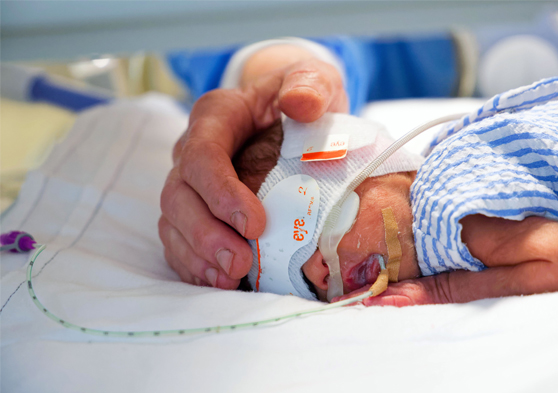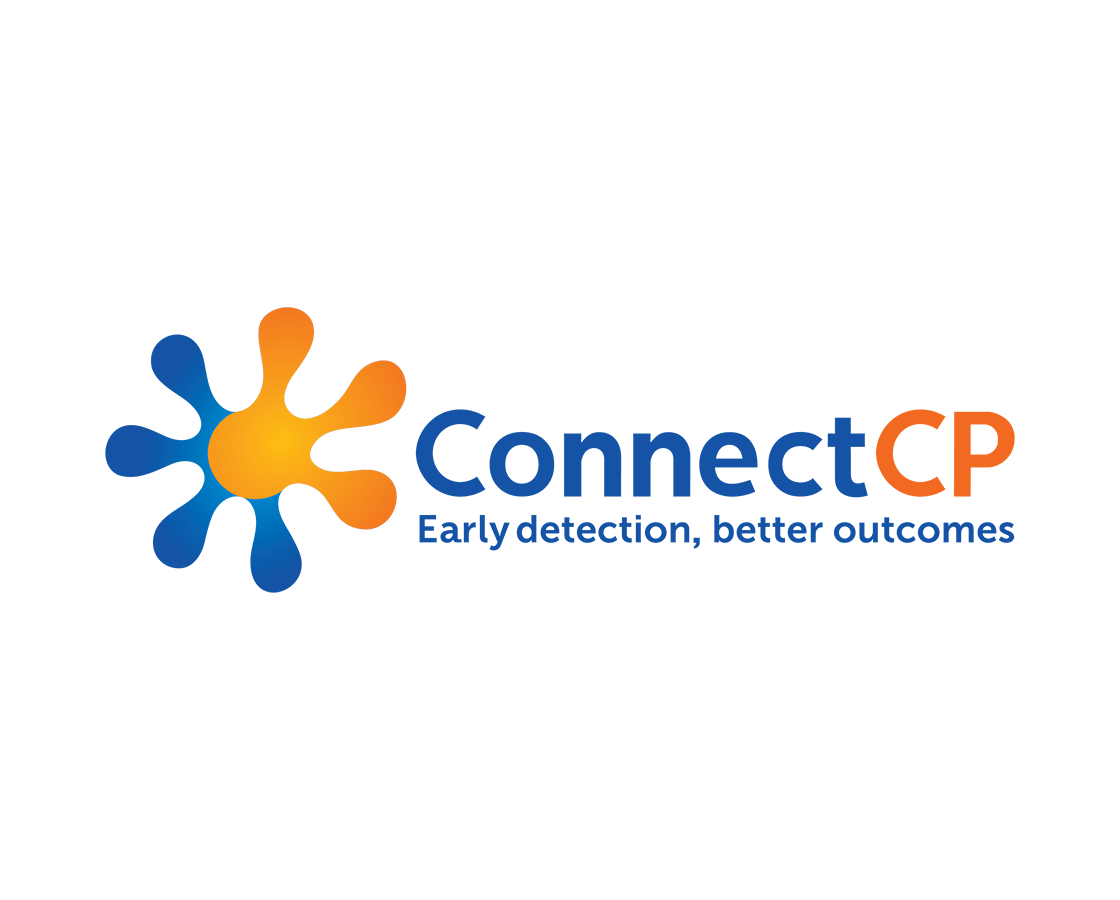Search

The CIRCA DIEM Study is a clinical research study being coordinated by the Chronobiology Team at Telethon Kids Institute, who are based in Perth, Western Australia and involving research teams from around the world.
CANVAS is a commitment by the Governments of Australia and New Zealand to advance the development of a vaccine against GAS infection, which can cause rheumatic fever.
Chris Peter Brennan-Jones Richmond PhD MBBS MRCP(UK) FRACP Head, Ear and Hearing Health Head, Vaccine Trials Group chris.brennan-jones@thekids.org.au
The delay in community transmission of the new Coronavirus in WA, together with the strict, social distancing measures that have been adopted, provide us with an opportunity to observe the level of immunity development to the virus within the community and assess the impact of COVID-19 pandemic on health and well-
Valerie Verhasselt MD, PhD Head, Immunology and Breastfeeding 0402997617 Valerie.verhasselt@thekids.org.au Head, Immunology and Breastfeeding @
Sports gambling has become increasingly normalised among young people, with the proliferation of sponsorship deals and a 300% rise in the number of gambling advertisements in the past 7 years.
Peter Richmond MBBS MRCP(UK) FRACP Head, Vaccine Trials Group Head, Vaccine Trials Group Professor Peter Richmond is Head of the Vaccine Trials Group
This project explores the mental health and support needs of Australians with complex experiences of gender-affirmation.
Anthony Christopher David Ingrid Shannon Thomas Kicic Blyth Martino Laing Simpson Iosifidis BSc (Hons) PhD MBBS (Hons) DCH FRACP FRCPA PhD BSc PhD

CONNECT-CP aims to diagnose cerebral palsy (CP) earlier and ensure all children in Western Australia (WA) have access to early assessment and support.
